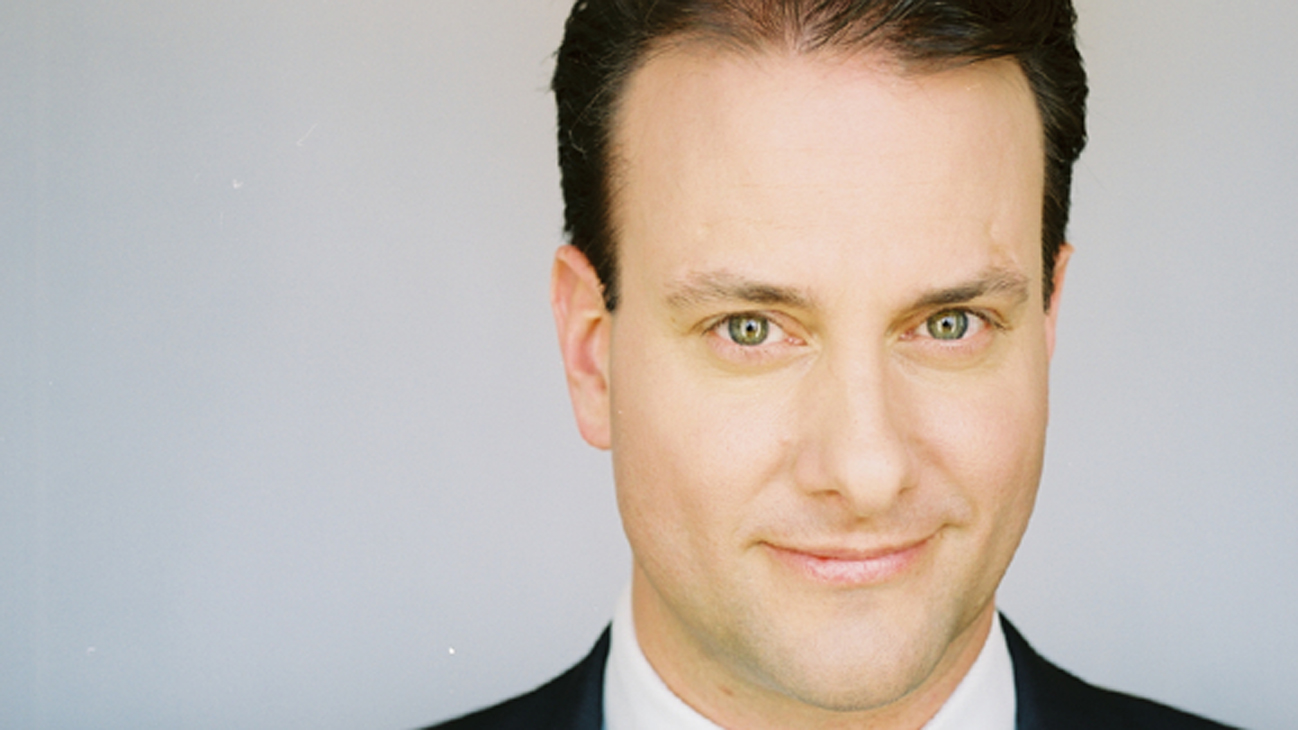In high performance business situations, the human mind and body have to work together for ultimate results. Dr. Greg Wells is a health and high performance expert who draws the parallels between elite athletes and top executives to help business leaders perform at the highest level, even when under the most extreme circumstances. Dr. Wells talks about the importance of “single-tasking” in this column for The Globe and Mail, below:
One of my favourite times of the sporting year is under way: the baseball playoffs. There are few moments that completely capture my attention like when an elite pitcher and clutch hitter square off with a game on the line.
I love those moments because both athletes are trying to reach the limits of their potential by drawing on all of their skills, training and experience. And they both exemplify specific performance elements that enable excellence.
The pitcher’s eyes focus on the target while he tries to block out the crowd, the TV and the crushing idea that this is a career-defining moment. The hitter breathes deeply to stay calm and relaxed while trying to remain on edge so he can deliver explosive power and energy at the precise moment. Both athletes are living entirely in the instant without thinking about the past or the future.
Learning general lessons from elite athletes is what I do for a living, so I’m interested in what we can all take from the pitcher-hitter battle to help us be better in our own lives. In this case, we can learn something from looking at how focused they are.
Focus is a key element for success in any discipline – be it music, sports, drama or business. Yet we live in the age of distraction. We have e-mail, social media, text messages and YouTube all competing for our attention, not to mention the job we are supposed to be doing. The problem is that distraction and multitasking go against how our brains work. No matter how much we want to take the drug that Bradley Cooper uses to access 100 per cent of his brain in Limitless, the reality is that our brains can only do one thing at a time.
The nerves that make up the brain have very little stored energy. When we think, problem solve or create memories, the brain needs oxygen, glucose and nutrients to work. This “fuel” is provided by blood flow to whatever part of the brain is working on the specific task. But blood flow to the brain is limited and can only be delivered to a few areas at once. If we activate different parts of our brain by trying to multitask, we end up spreading the blood flow around and never giving the brain what it needs to get a single job done properly.
It’s like a firefighter trying to put out multiple fires at once by spraying water from a hose quickly across several burning houses rather than extinguishing one blaze and then moving on to the next.
Physiologically, we are not built for multitasking. Our brains work best when we focus on one thing at a time. To improve mental focus, try single-tasking. Single-tasking demands that we pick the most important task to work on first and perform that task as exclusively as possible until it is either complete or we are out of whatever time we have allotted for the job.
All you need to do is remember the focus of a hitter getting ready to smack the ball out of the park, and you can achieve that level of laser-like attention control.
For example, set aside one hour each day when you have time to completely focus and really drill down into a task that you have to accomplish – writing a report, analyzing some data, preparing a speech, or whatever is the highest priority on your list. During that time, turn off your phone or put it on silent and disconnect from the Internet. Be completely focused on that one task with no distractions.
If we focus, we can do more in less time, which makes better use of our energy. Try focusing more during your day and see how it works for you.

